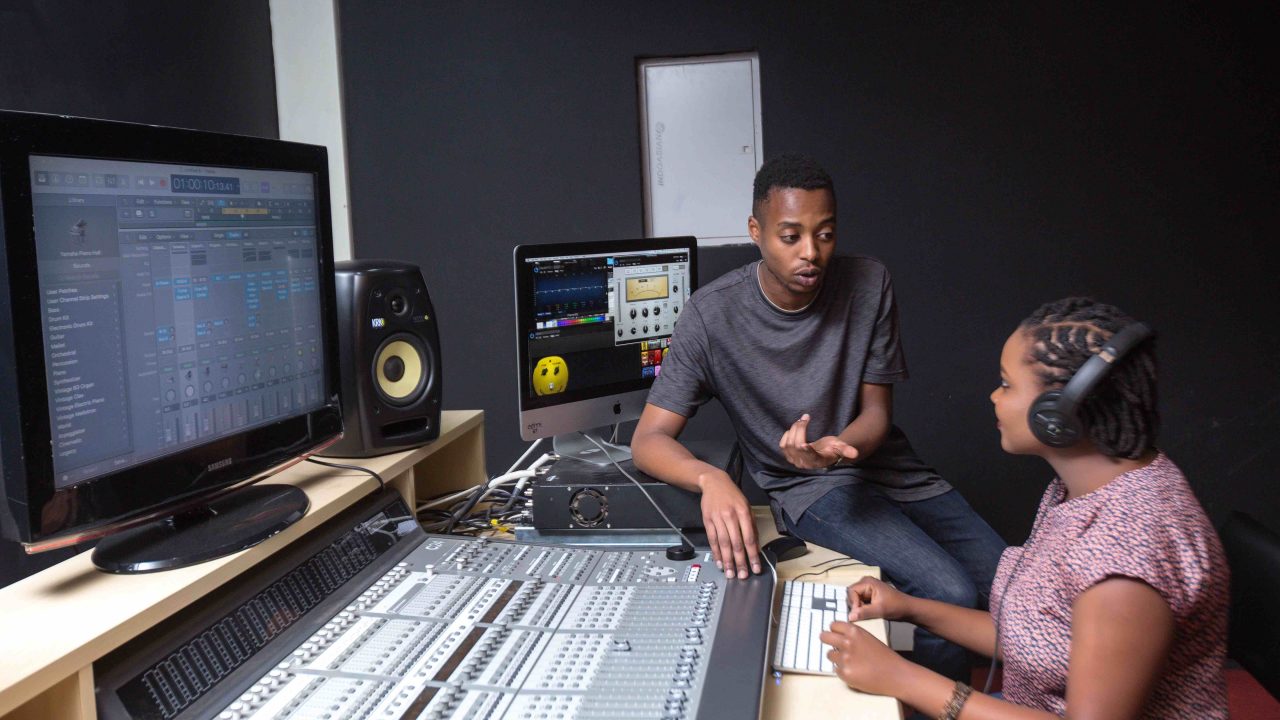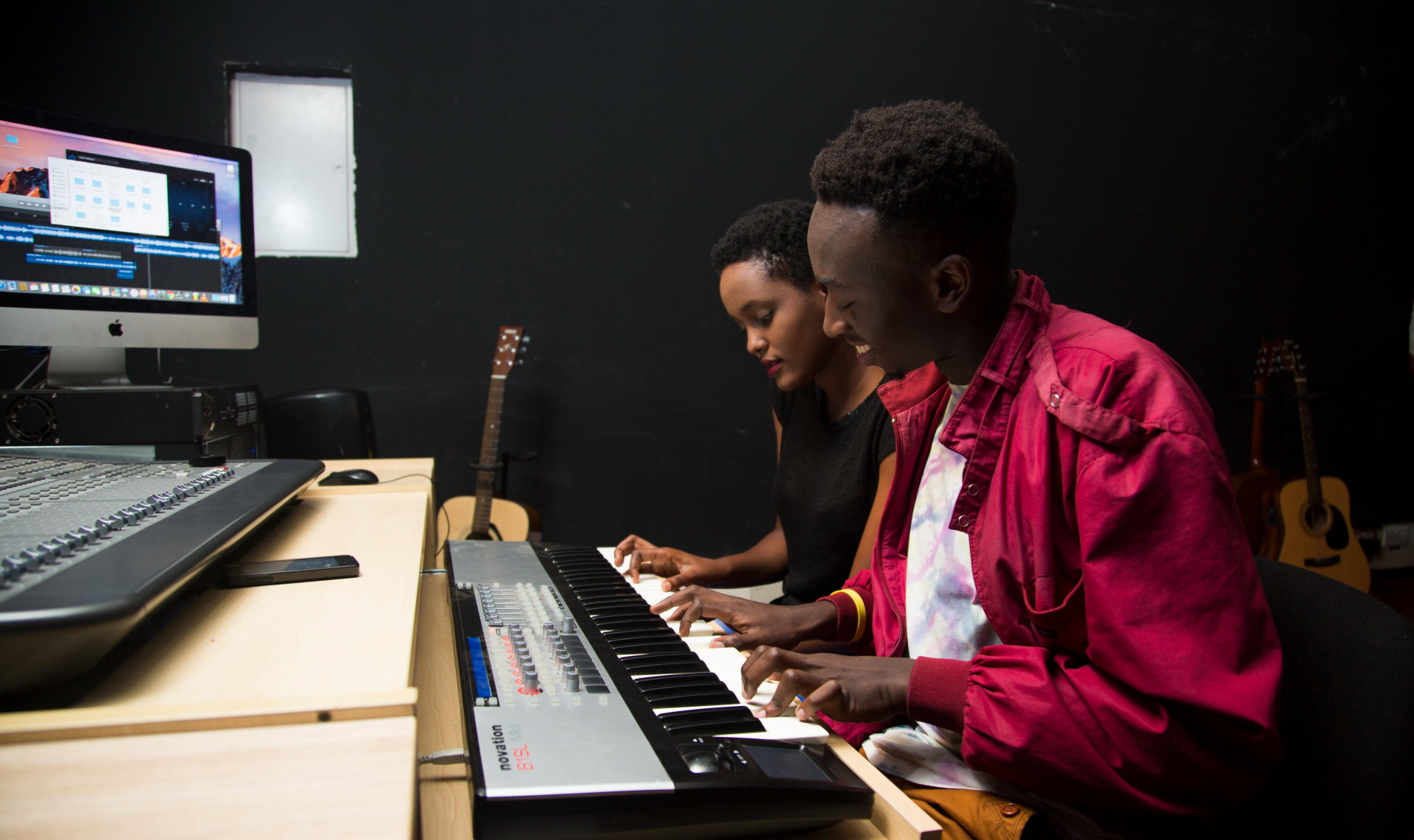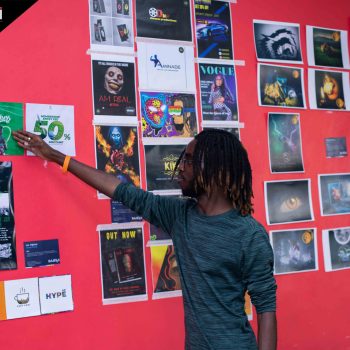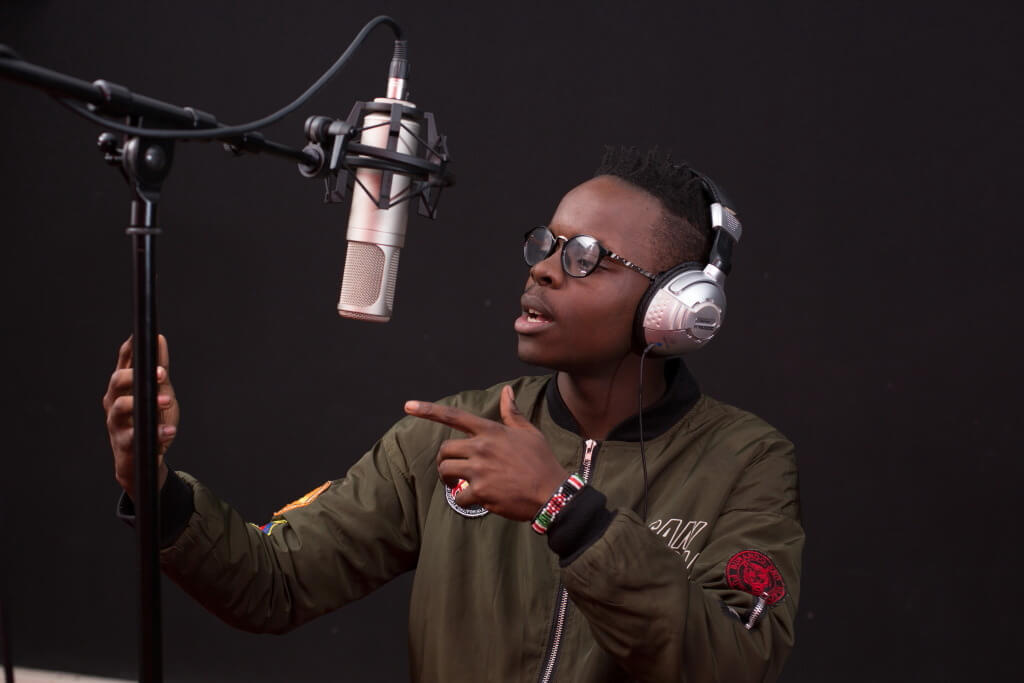
Crafting a Fulfilling Career in Music: Strategies, Challenges, and Prospects
Are you passionate about music? Do you dream of making a career out of your love for melodies, rhythms, and lyrics? If so, you’re not
The Music Production Diploma is a practical, industry-relevant course that provides students with the skills required to start a career in the music business.
Course code: MP100
Award: Level 6 National Diploma

The Music Production Diploma is a practical, industry-relevant course, providing students with the skills required to start a career in the music business. This programme includes training in the operation of modern sound equipment and music technology.
Taught by music industry specialists and professional producers, the course gives students one of the most rounded and intensive practical programs currently available. Students graduate equipped with a broad skill set that allows them to launch their entertainment career or follow further academic pursuits within this discipline.
The Diploma in Music Production provides the necessary foundation for pursuing an undergraduate degree in the field of music production.
COURSE DURATION: The course will course will run for 2 academic years (5 semesters)
CREDITS: 2,400 hours or 240 credits
Through a series of music business projects, you will learn how to:
There are plenty of career opportunities available to you in the field of music, whether your interest lies within live sound and show production, entertainment business or audio production and engineering.
The music industry has evolved immensely over the past decade with technology becoming a core aspect of production and distribution. This has introduced several new career options for you to explore.
Thanks to the advancement of technology in music production, you will be able to record, mix, and master music at a professional calibre.
As a music producer, you will spend your day:
Who will be your employers?
There are many options open to you as a trained music producer inside and outside of music. If you choose to follow a music career, you may have to take on several roles with different employers and work on both a freelance and contract basis. For example, you could combine teaching with freelance performance work, as well as doing contract work on particular projects.
Employers include a range in the cultural and creative industries. Employers in this field include:
Below are some careers to consider as a graduate of ADMI. This is not an exhaustive list. It is also important to understand that creating a successful career in music, entertainment & the performing arts, also involves having multiple skills across various areas.
ADMI’s state of the art facilities provides students with unparalleled access to world-class equipment and software.
The equipment includes:
ADMI has invested in industry standard software:

Patrick Kabugi is an award-winning composer, sound designer and post production sound mixer for film and TV. He has been teaching at ADMI since January 2015 and has composed music and mixed sound for films, documentaries, TV/radio commercials, TV series and radio drama, serving a diverse range of clients including Safaricom, KCB, and UNICEF. Patrick holds a Diploma in Music for TV (Music for the Media – UK), a Certificate in Sound for Film from DW Akademie and a BA degree from the University of Nairobi. He is also an alumnus of the Berlinale Talent Campus – Berlin Germany (Sound Design and Composing Music for Film).
High School Education:
KCSE C- (Minus) or KCE division II, KACE one (1) Principal or an equivalent qualification or Certificate of Experiential Learning or KNQF. Basic computer proficiency is required.
To apply online please visit: https://apply.admi.ac.ke/
Mode of study: Full time – 4 semesters + 1 semester internship
Intakes: January, May, September
Campus: Caxton House, CBD Nairobi
We understand that choosing the right educational path is a crucial decision and we are here to guide you every step of the way. Simply submit your contact details in the form and our team will reach out to provide personalized assistance. Let’s take the first step towards realizing your aspirations!

Are you passionate about music? Do you dream of making a career out of your love for melodies, rhythms, and lyrics? If so, you’re not

Tough. Resilient. Firm. These are the words that come to mind when you hear the word “Imara”, a Swahili word associated with strength and durability.

Meet Vallerie Muthoni, a young, bubbly Kenyan who has invested her time and money into building her career as a musician.